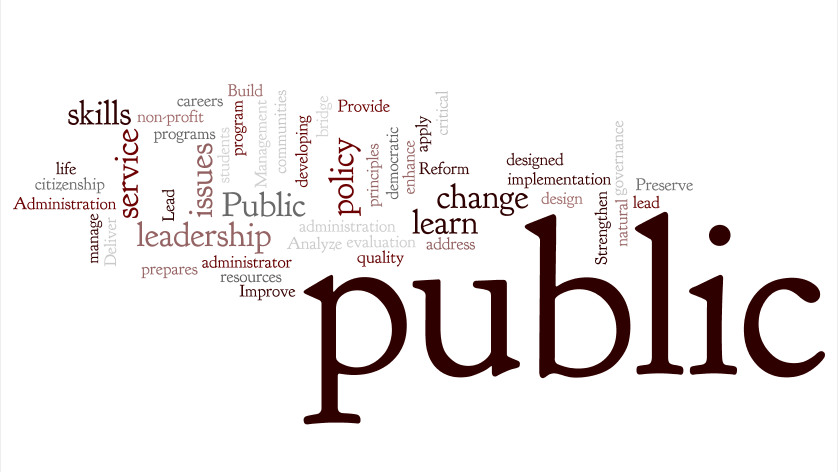“A sociolinguistic Study of the Linguistic Taboos in the YemeniSociety” falls into the branch of sociolinguistics which is the descriptive
study of language in relation to society. Sociolinguistics specially focuses on
the structure of language and the way each society, with its different aspects
from social classes and culture to gender and ethnicity, influences the type of
linguistic structures we use when we address others with our speeches or
discourses.
In her qualitative conceptual article, Nada Qanbar sought to
investigate the categories of linguistic taboos in the Yemeni society, the
factors affecting the use of taboos, and the mechanisms used by the Yemeni
speakers to save what Brown and Levison (1987: 61) calls one’s “public self
image”.
The article explored taboo words and expressions in the Yemeni
society in terms of their religious and socio-cultural usage. The article
typified these linguistic taboos into context-specific taboos and general
taboos, both divided into two more categories. Each subcategory was defined,
explained and laden with an array of examples extracted from real-life
situations in the Yemeni society. Some of the examples depicted the kind of
repressed patriarchal society where Yemeni women lived since calling their
names or mentioning them in the presence of male individuals was taboo.
Nada Qanbar went on to shed light upon the socio-cultural,
demographic and socio-economic factors that profoundly and diversely affected
the use of the verbal taboos. She illustrated the mechanisms that could be
employed by the Yemeni speakers to replace or minimize taboo words and
expressions in order to eschew face threatening acts that result especially in
the presence of a hearer with whom one did not have an intimate relationship.
The investigation ended with a brief comment on the study of the
verbal taboos in the Jordanian society in comparison to that in the Yemeni
society. Since both of the latter shared almost the same Arabic and Islamic
cultural values, paramount similarities were detected in terms of verbal taboo
categories and mechanisms for euphemism.
This paper made a contribution to my knowledge in Sociolinguistics
and the sociology of language. It identified new insights into the Yemeni
society in terms of linguistic taboos. It was built upon past research studies
that were conducted in the Chinese, Jordanian, Ethiopian and American contexts,
but never in the Yemeni one.
Not only was this article the “first ever” to examine linguistic
taboos in the Yemeni perspective but also it probed the reasons that made
certain words or expressions taboo at the first place, a point skipped by many
researchers who chose to “just blame it on society without explaining why.”
The article was built upon the appropriate foundation. The author
succeeded in answering the “what is a taboo” question when she displayed
the answer in a brief paragraph starting with only two definitions instead of
numerating different definitions and quoting many linguists. Then, she
concluded it with a brief and neat definition of her own that served the reader
to better understand the study. Many previously conducted studies were also
addressed in the state of the art in an accurate manner. The literature
review and theoretical background were detailed enough for other researchers to
conduct the same study in different social contexts.
The reader did not need to have general background knowledge on the
topic or topic area of this conceptual sociolinguistic study. The beauty about
this sociolinguistic research study was manifested in the way it was delivered.
It allowed the reader to understand the end result of the objectives set by the
author, especially with the facts that there were no complicated concepts and
the paper was loaded with examples.
Since the context of the study was an Arab society, readers who had
knowledge of the Arabic language and Arab cultures in general would be one step
ahead of those who hadn’t. However, the author succeeded in leapfrogging this
drawback when she made detailed explanations of the concepts related to the
Yemeni culture and translated all of the words in Arabic into English.
One point of controversy was deliberately overlooked by the author,
a point that would answer the question of “what constitutes social taboos at
the first place.” Tackling it would have established a holistic picture of
the issue of linguistic taboos in the Yemeni society and paved the way for
further studies in other cultural contexts.
Reference
Qanbar, N.
(2011). A sociolinguistic Study of the Linguistic Taboos in the Yemeni Society.
Modern Journal of Applied Linguistics, pp. 86-104


























